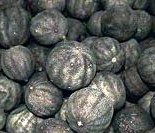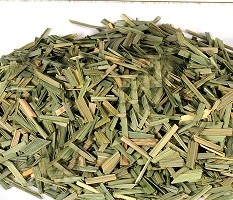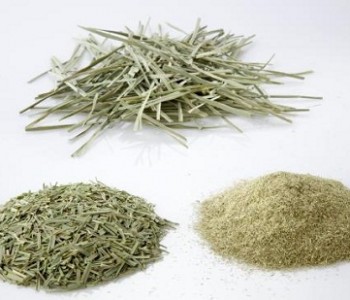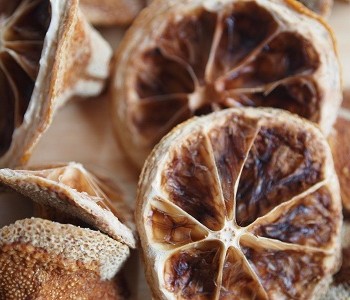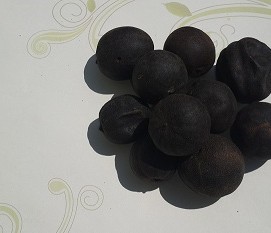
Origanum sp.
Lemon
| Botanical Name | Cymbopogon Citratus |
| Available Form: |
|
| Season: | Available all the Year |
| Packing: | In Polypropylene bag, weight depend upon form type |
Lemon grass benefits
Lemon Grass benefits
Health benefits of lemongrass
-Lemongrass herb has numerous health benefiting essential oils, chemicals, minerals and vitamins that are known to have anti-oxidant and disease preventing properties.
-The primary chemical component in lemongrass herb is citral or lemonal, an aldehyde responsible for its unique lemon odor. Citral also has strong anti-microbial, and anti-fungal properties.
-In addition, its herb parts contain other constituents of the essential oils such as myrcene, citronellol, methyl heptenone, dipentene, geraniol, limonene, geranyl acetate, nerol etc. These compounds are known to have counter-irritant, rubefacient, insecticidal, anti-fungal and anti-septic properties.
-The herb is very low in calories; contains 99 calories per 100 g but contains no cholesterol.
-Its leaves and stems are very good in folic acid (100 g leaves and stems provide about 75 mcg or 19% of RDA). Folates are important in cell division and DNA synthesis. When given during peri-conception period can help prevent neural tube defects in the baby.
-Its herb parts are also rich in many invaluable essential vitamins such as pantothenic acid (vitamin B5), pyridoxine (vitamin B-6) and thiamin (vitamin B-1). These vitamins are essential in the sense that body requires them from external sources to replenish.
-Fresh herb is also containing small amounts of anti-oxidant vitamins such as vitamin-C and vitamin-A.
-Lemon grass herb parts, whether fresh or dried, are rich source of minerals like potassium, zinc, calcium, iron, manganese, copper, and magnesium. Potassium is an important component of cell and body fluids, which helps control heart rate and blood pressure. Manganese is used by the body as a co-factor for the antioxidant enzyme, superoxide dismutase.

